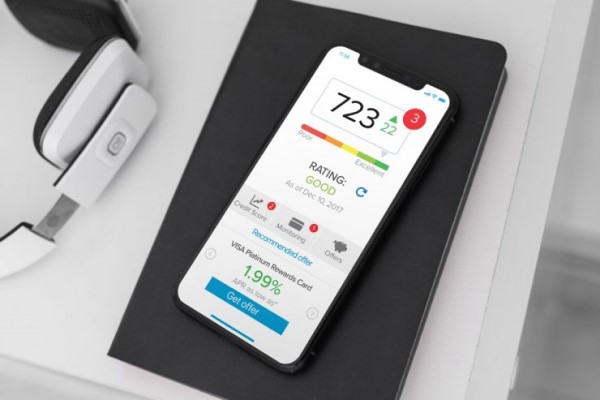Imposter scams often begin with a phone call, message, or email from someone pretending to be someone you trust—like a family member or a government official. Scammers are skilled at creating a sense of urgency to elicit strong emotional reactions, forcing you to act quickly without thinking things through.
Common Scenarios to Watch Out For:
The Grandparent Scam:
A caller posing as your grandchild in distress, claiming they need money for bail or an emergency. Phony Government Officials: Impersonators pretending to be representatives from the IRS, Social Security, or other government bodies, threatening legal action or demands for immediate payments.
Fictitious Company Representatives:
Scammers may contact you, pretending to be from a company you recognize, claiming there’s an urgent issue that requires your attention and money.
How to Protect Yourself
To protect yourself and your loved ones, be aware of the following red flags:
Urgent, Emotional Pleas:
Scammers often try to instill panic or fear to provoke hasty decisions.
Unusual Payment Methods:
Be cautious of requests for payment via gift cards, wire transfers, or other nontraditional methods.
Threats:
Legitimate organizations typically won’t threaten you with legal action or account closure to secure payment.
Requests for Personal Information:
Never share sensitive information unless you are completely sure of who you’re speaking with.
Best Practices to Avoid Falling Victim
Strategies to help you and your family avoid falling victim to scams:
Verify:
If you receive a suspicious call or message, hang up and contact the person or organization directly through a trusted number. Don’t use any contact information provided in the suspicious communication.
Slow Down:
Scammers thrive on urgency. Take your time to process the information and verify it before making any decisions.
Educate Others:
Share information about scams with your loved ones. The more people who are aware, the less likely scammers will succeed.
To learn more about protecting your personal information and finances, visit Mid Oregon’s Security and Fraud Page: https://ow.ly/hjHm50V9XE1.





